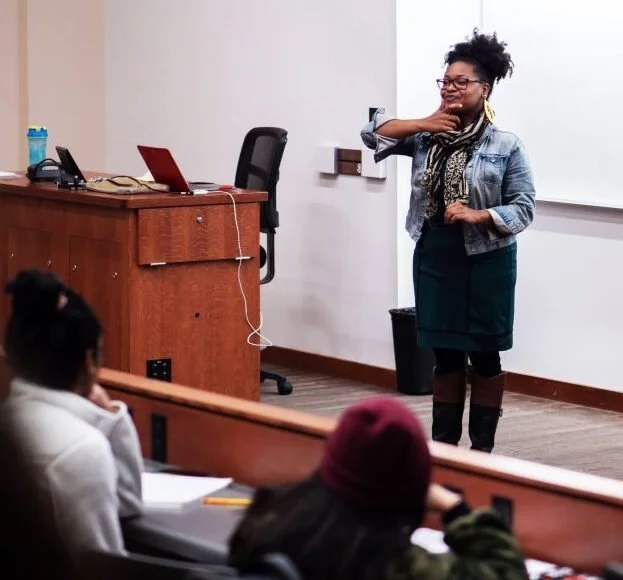Courses
My teaching interests broadly include topics related to the sociology of education, youth studies, community-based youth organizations, sociology of race, critical pedagogy, Black education, youth resistance, urban education and policy, community-engaged research, and critical ethnographic and qualitative methodologies.
